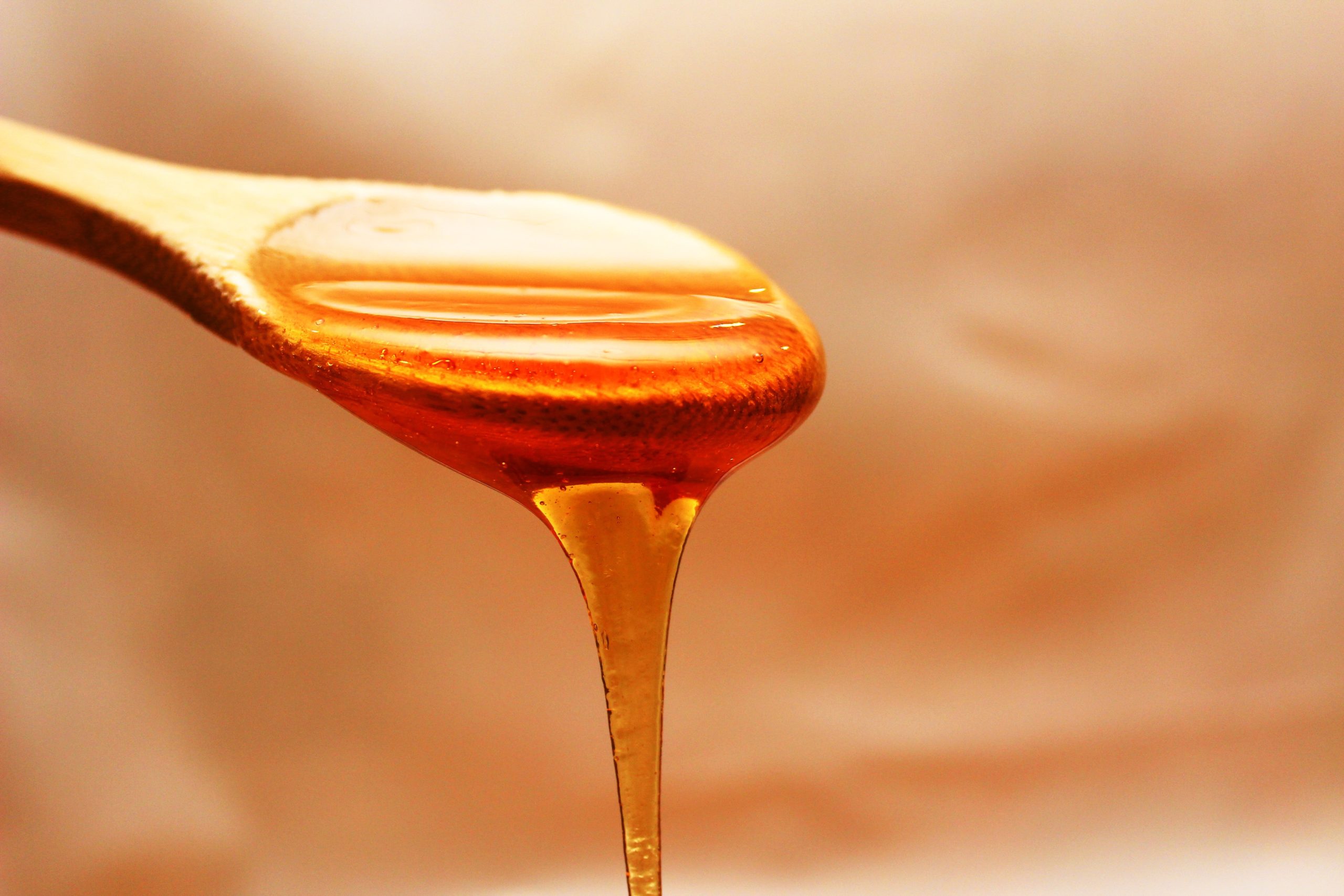
Sugar is one of the most talked-about topics in the world of nutrition and weight loss. Added sugar has been linked to obesity, diabetes, heart disease, and many other serious health issues.
What happens when you eat too much sugar?
Eating too much sugar has numerous negative effects on your body. It can interfere with hormones in your body that regulate hunger and satiety, leading to increased calorie intake and weight gain. Sugar is also highly addictive. It causes dopamine to be released in the brain, which is the same response activated by addictive drugs!
What are some better options?
Monk Fruit
Monk fruit is a small round fruit grown in Southeast Asia. This natural alternative contains zero calories and is 100–250 times sweeter than sugar, so you don’t need as much! Monk fruit contains natural sugars like fructose and glucose, but it gets its sweetness from antioxidants called mogrosides. These mogrosides provide monk fruit sweetener with antioxidants and anti-inflammatory properties. Monk fruit sweetener has shown to have minimal influence on daily calorie intake, blood glucose levels, and insulin levels.
Xylitol
Xylitol is a sugar alcohol with a sweetness similar to that of sugar. It’s extracted from corn or birch wood and found in many fruits and vegetables. It contains 2.4 calories per gram and does not contain any fructose, meaning it does not raise your blood sugar or insulin levels. Xylitol has been associated with multiple health benefits, including improved dental health and bone health. But, keep in mind it can be toxic to dogs, so keep it out of reach if you have dogs in the house.
Stevia
Stevia is a natural sweetener that’s extracted from the leaves of a South American shrub. Stevia contains zero calories, can be up to 350 times sweeter than sugar and may taste slightly different than sugar.
The leaves of Stevia are packed with nutrients and phytochemicals, so it’s not surprising that the sweetener is linked to some health benefits, including lowering blood pressure, blood sugar, and insulin levels.
Alternatives — Use in Moderation
Coconut Sugar
Coconut sugar is extracted from the sap of the coconut palm. It contains nutrients, including iron, zinc, calcium, and potassium, as well as some antioxidants. It is also lower on the glycemic index than traditional sugar.
Coconut sugar is still very high in calories and does contain fructose, so overuse is not recommended.
Honey
Honey contains trace amounts of vitamins and minerals, as well as many beneficial antioxidants. The phenolic acids and flavonoids in honey are responsible for its antioxidant activity, which can help prevent diabetes, inflammation, heart disease, and cancer. While honey has promising health benefits, it also contains fructose.
Maple Syrup
Maple syrup also contains a decent amount of minerals, including calcium, potassium, iron, zinc, and manganese. It contains even more antioxidants than honey (over 24 different types)!
Despite some beneficial nutrients and antioxidants, maple syrup is still very high in sugar. However, it does have a slightly lower glycemic index than regular sugar, so it may not raise blood sugar levels as quickly.
Molasses
Molasses is made from boiling down sugar cane or sugar beet juice.
It contains a handful of vitamins and minerals, including iron, potassium, and calcium, as well as several antioxidants.
Sources:https://pubmed.ncbi.nlm.nih.gov/29772560/
https://www.healthline.com/nutrition/natural-sugar-substitutes#1.-Steviahttps://pubmed.ncbi.nlm.nih.gov/31125634/
Leave a Comment
You must be logged in to post a comment.



0 Comments